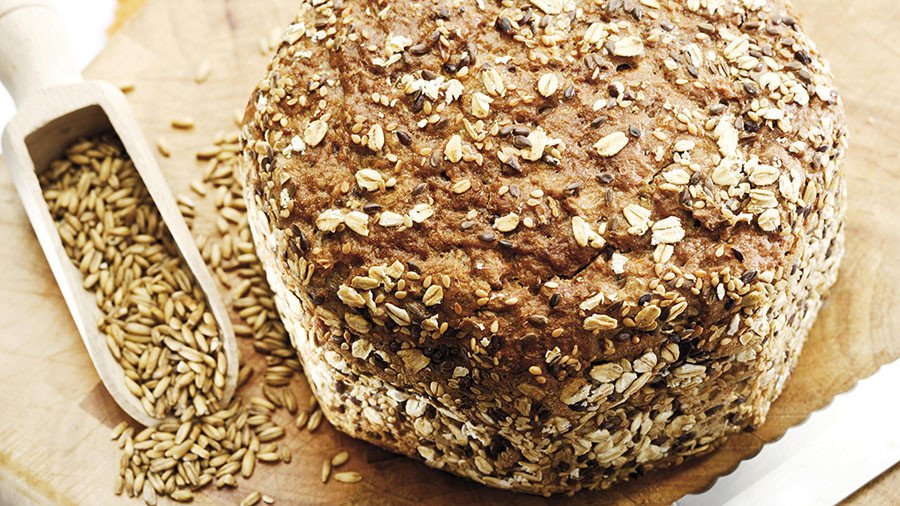Safe for Celiacs? Scientists genetically engineer low-gluten wheat, reducing immunoreactivity 85%

Fresh bread is a tasty treat for most, but those with Celiac disease are forced to pass on the doughy deliciousness. That may be changing, as scientists have managed to genetically engineer wheat which contains gluten but reduces immunoreactivity by 85%.
Scientists at the Institute for Sustainable Agriculture in Cordoba, Spain focused on a protein group known as the alpha-gliadin family – believed to be the biggest culprit behind problems digesting regular wheat. They began investigating ways to remove most gliadins from wheat.
The answer was to use a gene-editing method known as CRISPR/CAS9 that can cut certain genes from a genome. The scientists ultimately managed to get rid of 35 of the 45 alpha-gliadin genes from the genetic material specifically created for the research.
That was enough to make a significant difference when it comes to immunoreactivity to gluten. “Immunoreactivity was reduced by 85 percent,” the researchers wrote in a study, which was published in the Plant Biotechnology Journal. They noted that their findings “could be used to produce low-gluten foodstuff.”
While more research is needed before Celiacs can benefit from the team’s findings, low-gluten wheat could be a game changer for those who suffer from gluten intolerance and are currently forced to lead a completely gluten-free lifestyle.
In addition to often sacrificing flavor, entirely gluten-free diets have been found to be linked to greater densities of fat and sugar, and those who maintain such diets have a slightly higher risk of developing Type 2 diabetes, according to a March 2017 study from the Harvard University School of Public Health.
Celiac disease causes sufferers to build up an immune response that attacks the small intestine when they eat gluten, which is commonly found in wheat, rye, and barley. These attacks cause damage on finger-like projections inside the small intestine, known as villi, which in turn causes nutrients to not be properly absorbed into the body. The disease is believed to affect 1 in 100 people worldwide, according to the Celiac Disease Foundation.














